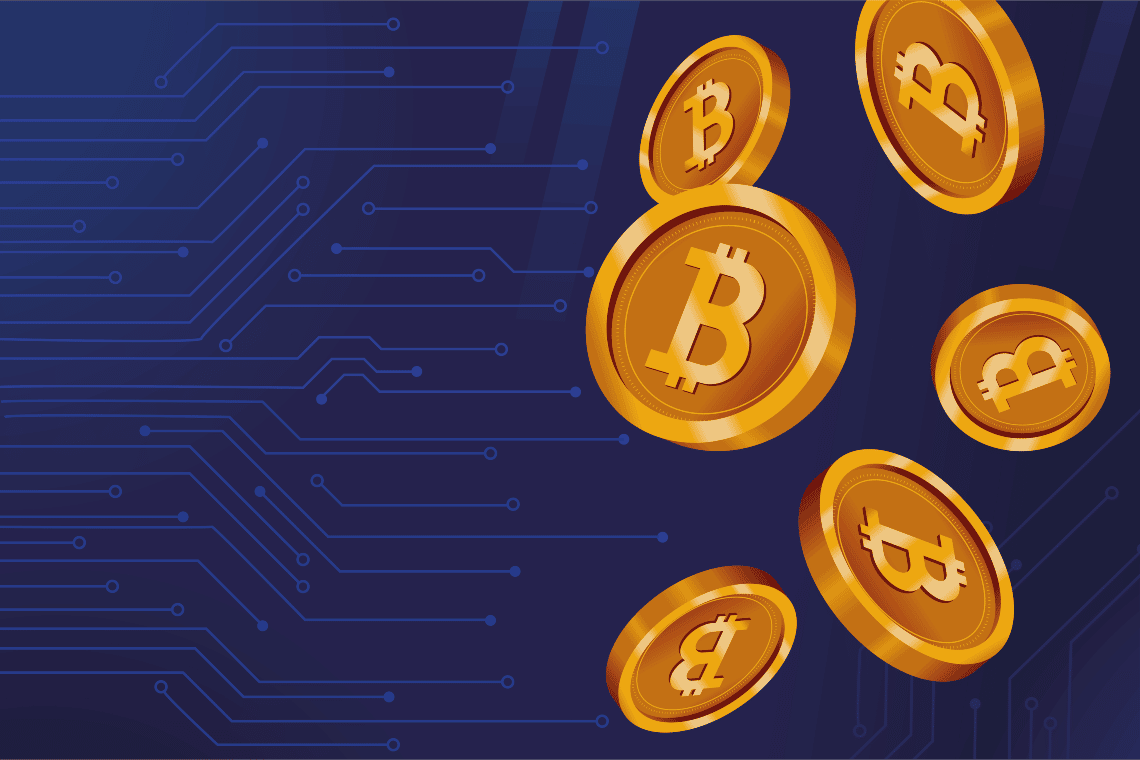
A positive piece of news these days is related to Bitcoin’s Lightning Network. The king of crypto, thanks to this layer 2, has reached 5,000 BTC capacity.
Despite the macroeconomic momentum and falling prices, adoption continues to grow.
Lightning Network allows users to send Bitcoin quickly and with very low fees. Indeed, the greater the capacity of the network, the greater the volume of potential transactions.
According to exchange KuCoin, in its report titled “Into the Crypto,” it explained that India could be one of the pioneer nations in this area. Investors ranging from the youngest to the most experienced (about 15%) said they hold a portion of their investments in crypto.
Returning to Bitcoin’s price, it has been clinging to the $20,000-$19,000 threshold for months now (since June), thanks to hodlers who have held the crypto for a long time. Fundamental support, corresponding to the highs recorded in 2017, which would otherwise see the price heading in the direction of $18,000 – $17,000.
BTC’s dominance appears to be poised for recovery. In the past, whenever it has retested 39.5-40% it has subsequently led to a recovery.

The problems of lack of regulation and the Italian OAM
As we all know, the approach to crypto seems to be very cautious in many European and non-EU countries. This is because the skepticism surrounding this “new world” is, unfortunately, greater than for other innovations and developments.
Despite this, in Italy more than 70 cryptocurrency companies, such as Coinbase, Crypto.com and Binance, have obtained regulatory approval without really performing the proper checks. The problem is certainly not in the platforms but in how Italian rules are structured.
What is surprising is that the Italian OAM (Supervisory Body for Agents and Brokers), which is in charge of managing the lists of financial agents operating in the country (regulatory authority), often criticized in various European countries for delays in processing, promptly added 73 crypto companies to the new list of service providers.
Obtaining regulatory approval from a regulator indicates to all investors that a given company has been “reviewed,” but in Italy, it may not have been done yet. In fact, it would have been confirmed to CoinDesk, that the regulator is deciding how to collect data from companies and will likely begin doing so next year. This means that fund flows are not currently being monitored to prevent malicious parties from using the platforms.
All Italy is currently asking for is “only” a registration
A promise that the company will be scrutinized by regulators in the future?
This is one of many reasons why it is good to research a company before investing money in projects. If we often hear about scams and projects that disappear overnight into thin air, it is partly due to poor regulation.
Such episodes have not been few: the (unofficial) Squid Game token inspired by the TV series collapsed to zero from its peak at $2,656 while developers allegedly earned more than $3 million with a Rug Pull. Bitconnect, an Indian company that promised 120% returns per year (if the revenues generated were taken out after one year), through a Ponzi scheme enabled its (anonymous) founders to illicitly earn about $2 billion.
But the largest scam in the history of cryptocurrencies in terms of stolen funds is probably that of OneCoin through which more than $10 billion in funds were obtained. It too was a Ponzi scheme that consisted of buying bundles and having other people buy them with varying value, gaining access to courses on trading, its blockchain and getting tokens as gifts.
The case of BNB Chain
A few days ago BNB Chain, the blockchain of the cryptocurrency exchange Binance, was suspended (for a few days) due to an exploit on its cross-chain worth $100 million (a structural bug emerged that allowed a block verification to be faked).
BNB assured that all funds were safe. It also froze another $400 million in time, while Tether blacklisted all incriminated addresses.
Of note is the speed with which BNB’s chain was blocked. This is a clear sign of the centralization of the network, which has drawn malcontents to itself. But what would have happened if the latter had not been stopped thus demonstrating its decentralization? Sometimes, this is not a bad thing. But this again shows that 90% of DeFi is more centralized than one might think.
This news is republished from another source. You can check the original article here

Be the first to comment